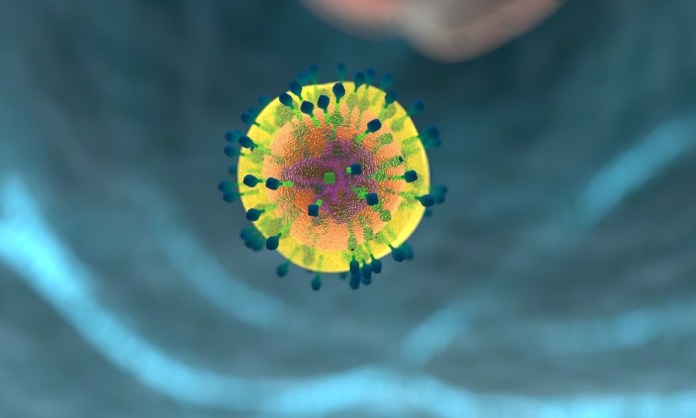Scientists over at John Hopkins University in Baltimore, Maryland have been using artificial intelligence (AI) to compare and map the different types of cellular receptors found on the surface of T-cells. Their research suggests that cancer patients that have a wider range of these receptors may respond better to immunotherapy treatments. The new AI-based system is called ImmunoMap.
“ImmunoMap gives scientists a picture of the wide diversity of the immune system’s responses to cellular antigens,” said professor of pathology, medicine, and oncology at the John Hopkins University School of Medicine, Jonathan Schneck, M.D., Ph.D. Receptors look for foreign antigens within the immune system. If any are found, an alarm is raised to keep an eye out for others.
Certain diseases, such as cancer, are able to dodge these receptors. Immunotherapy is a way to try and stop that from happening. “Much of immunotherapy today is built on the premise that we know these antigens,” said John-William Sidhom, a John Hopkins biomedical engineering M.D./Ph.D. student. “But we actually don’t know as much as we need to about them and the T-cells that recognise them.”
MORE – Data Science – 8 Powerful Applications
MORE – Top 10 Ways Artificial Intelligence is Impacting Healthcare
As a way of getting around that, Sidhom created a genomic sequence data model of receptors from human T-cells in which the scientist exposed to a virus in the lab. The team then converted the T-cell receptor data into distance metrics before allowing the AI algorithm to search for patterns. “That’s how we got ImmunoMap, by characterizing receptor sequences as they relate to each other,” said Schneck. “T-cell receptors that are very similar, with slight differences in their sequences, may be recognising the same antigen.”
In recent tests carried out using ImmunoMap the scientists found on average, around 15 different types of T-cell receptor in those cancer patients responding to nivolumab compared to just 8 or 9 of those that didn’t respond to the treatment. For those that responded to nivolumab, the results also revealed that the number of different types of T-cell receptors decreased within around four weeks.
“Those patients had a broad array of receptor weaponry before their treatment, which may have allowed the right receptor to kill their cancer cells,” said Schneck. Once their immune system found the correct receptor, T-cells expressing those receptors multiplied, leading to an overall reduction in the structural diversity of their T-cell receptors.”
More work is needed before the AI technology is perfected, but it’s a promising start. The hope is that eventually ImmunoMap can be used to help develop effective cancer vaccines.
Source ScienceDaily




















